Social stories have a wide variety of applications from understanding others’ actions and emotions, developing self-care skills, and general safety techniques to specific events or changes in routine. Check out our social story about arriving to school.
|
Social stories are short stories that depict a social situation that children may encounter. They are used to teach children through the use of specific and sequential information about everyday events that children may find difficult or confusing, thus preventing further anxiety on the part of your child.
Social stories have a wide variety of applications from understanding others’ actions and emotions, developing self-care skills, and general safety techniques to specific events or changes in routine. Check out our social story about arriving to school.
0 Comments
I often tell parents about the importance of discussing death with children periodically before someone or a pet that we love dies. This may seem morbid and dark, but we know that it helps children process death in their own time on their own terms. Children are not like adults in the sense that they finish one thing and move on to another. Have you ever experienced your child saying something like, "remember when we went to see Aunt Jo yesterday?" You did go see Aunt Jo, but two months ago. Children's concept of time and death is not the same as an adult's. They feel it differently and experience it deeply. Reading to a child periodically (I like to say once or twice a month) about a topic having to do with death, helps them process a death that has happened in the not so recent past, as well as for the future. By reading books with them, it gives you and them the opportunity to ask questions about death and also answer questions about loved ones who have died. Take advantage of the death of a goldfish to really talk about death. Have a burial and sing a song to the fish. One simple song I always like to sing with the preschoolers is "Goodbye, NAME OF ANIMAL, Goodbye" or "Adíos, NAME OF ANIMAL, Adíos". Then I ask if anyone would like to say something about the animal that died. Then we sing the song again and continue this process until everyone who wants to say something about the pet does so. We try to bury them in our garden where they can help our vegetables flourish and we thank the fish for that. National Institutes of Health references the developmental stage of a preschooler "preschool children usually see death as reversible, temporary, and impersonal. Watching cartoon characters on television miraculously recover after being crushed or blown apart tends to reinforce this idea." We can help them cope with the finality of death by talking about it openly, honestly, and respectfully. Of course, it's okay not to have answers and to share your personal beliefs about what happens when someone dies. There are many great books on this topic that are non-religious and some that answer questions in a more spiritual way. Here are a list of some of my favorites. I believe it's a good idea to have two to three of these on your bookshelf at all times so that your child has the opportunity to choose these books and you have the chance to read one every so often. Saying Goodbye to Lulu by Corinne Demas The Tenth Good Thing About Barney by Judith Viorst Nana Upstairs and Nana Downstairs by Tomie dePaola Badger's Parting Gifts by Susan Varley Tough Boris by Mex Fox This post was originally published on the original Pasitos blog back in 2014, written by Maestra Stephanie.
|
Pasitos SchoolPasitos is an eco-friendly, bilingual community based on learning and fun. Through a play based Reggio inspired curriculum, children gain the necessary literacy skills to make them successful in both Spanish and English. At the same time, they build social and emotional skills in working with peers and the maestras. Together these skills help open their minds and language capabilities. Teachers interact with the children to build strong academics and positive social skills. Archives
May 2023
Categories
All
|

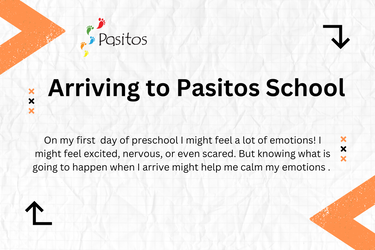




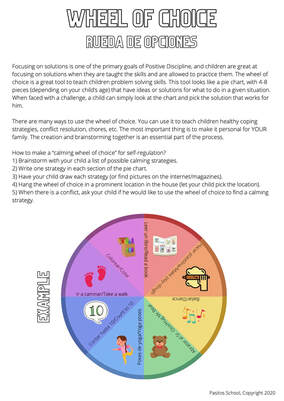
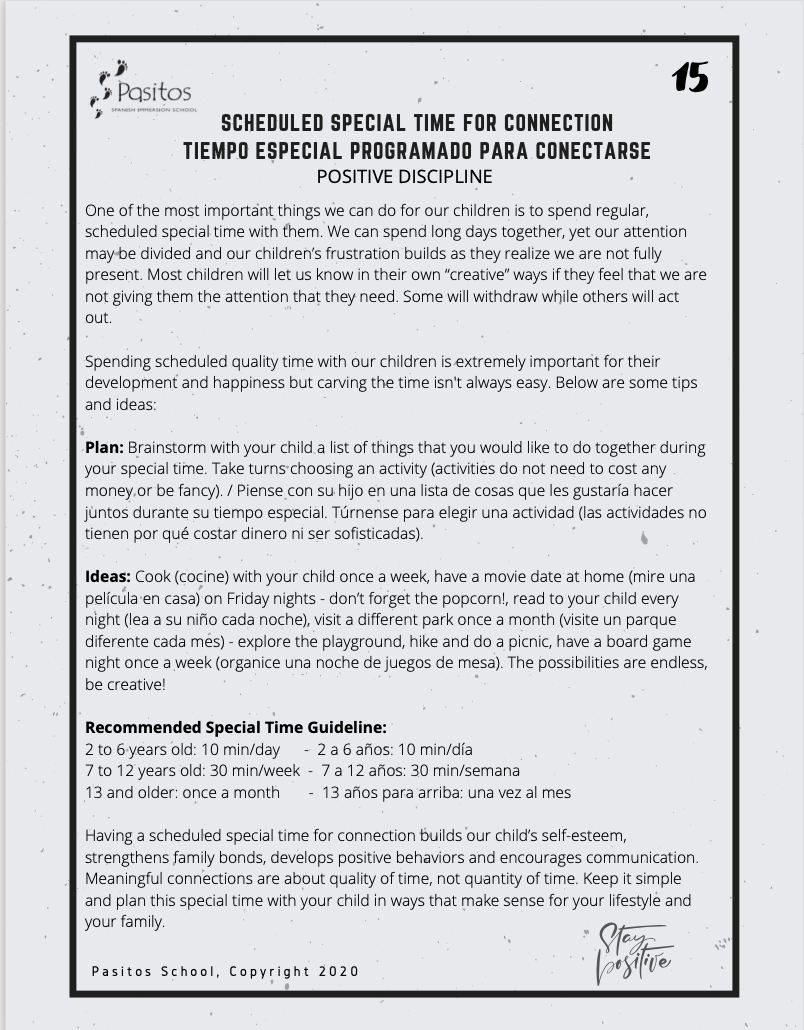

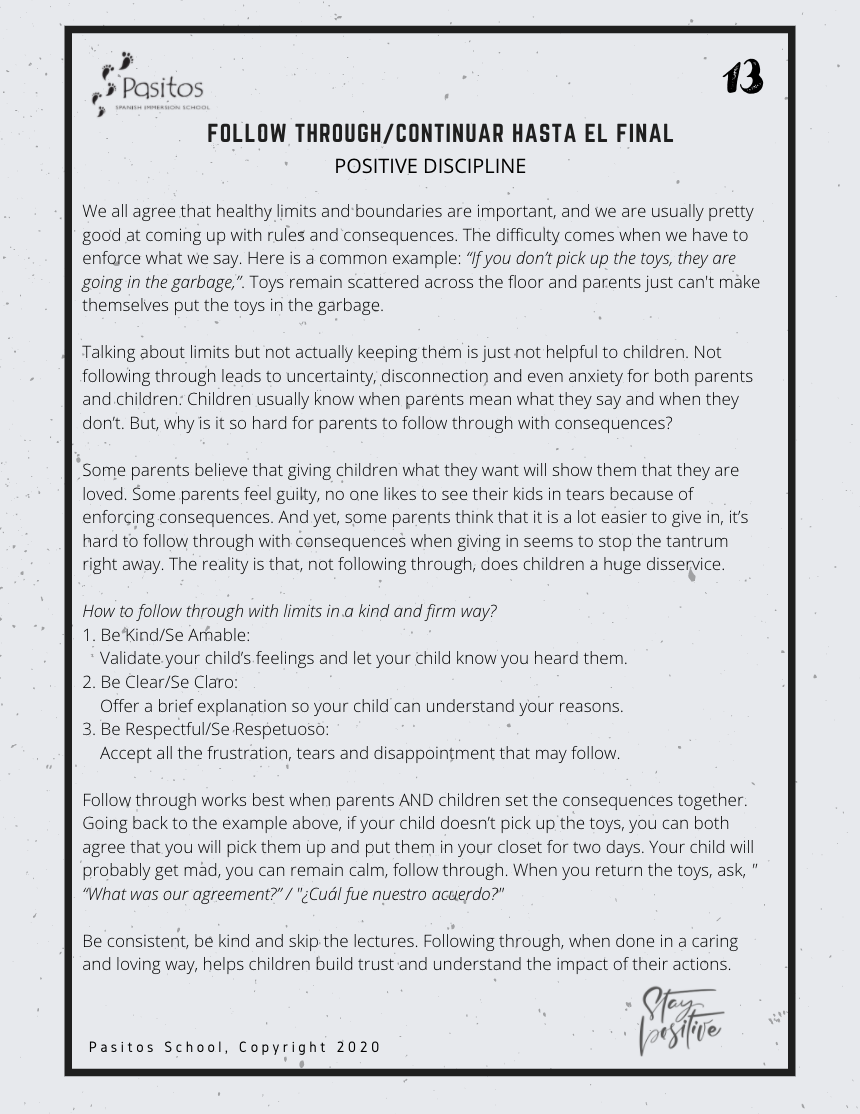
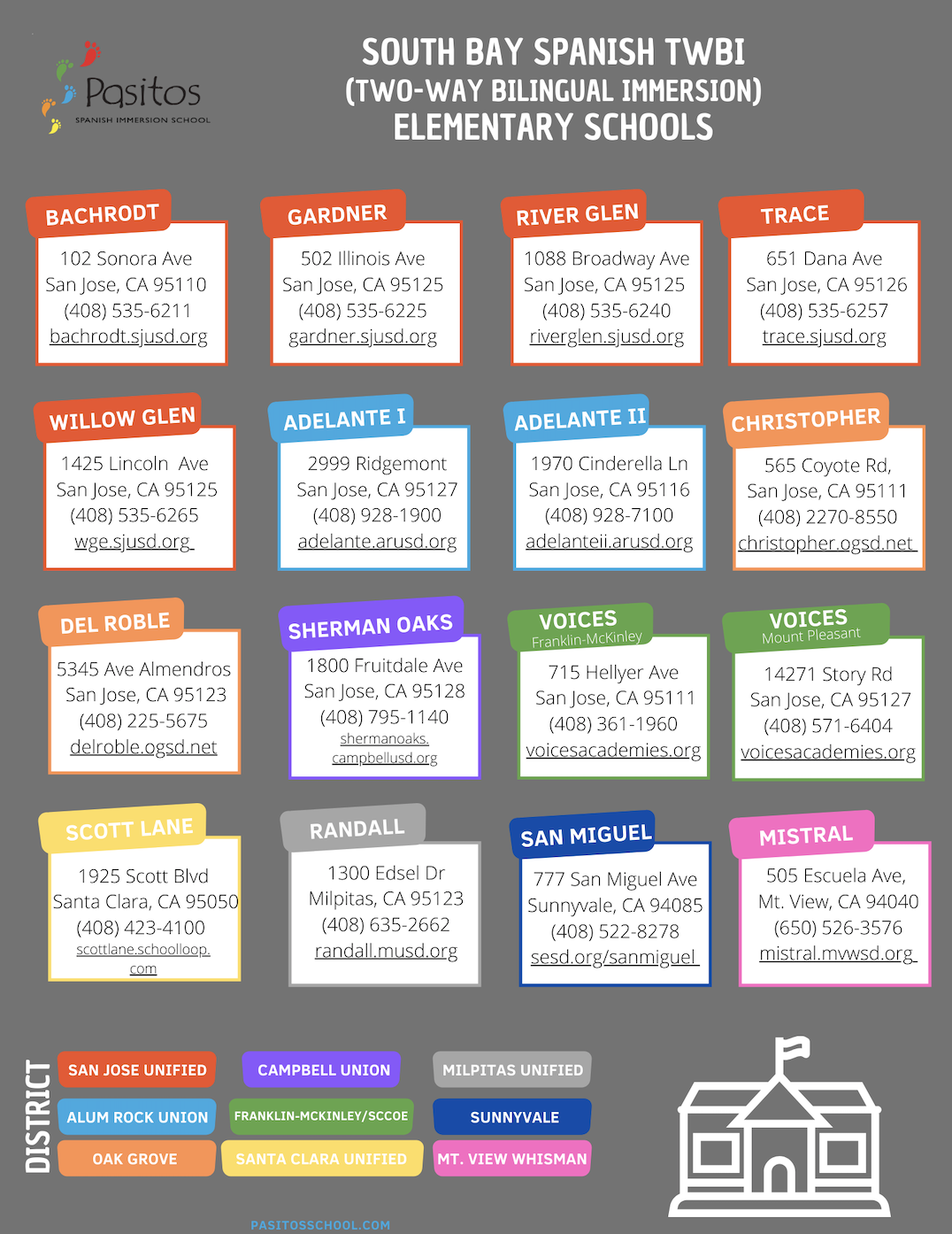
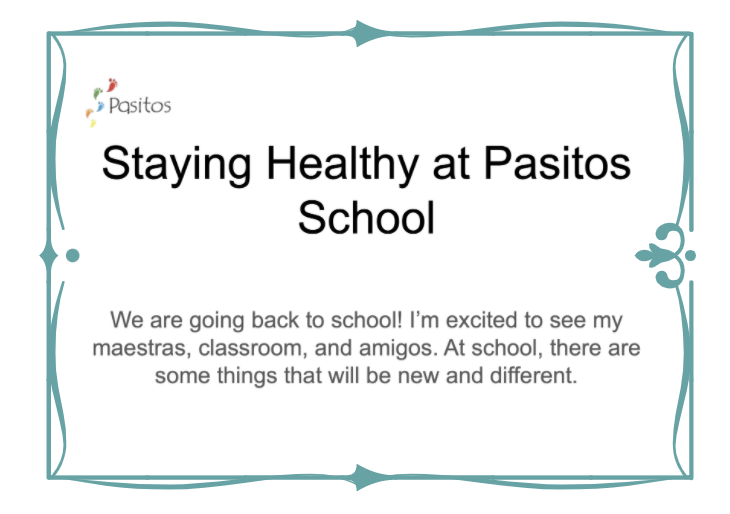
 RSS Feed
RSS Feed